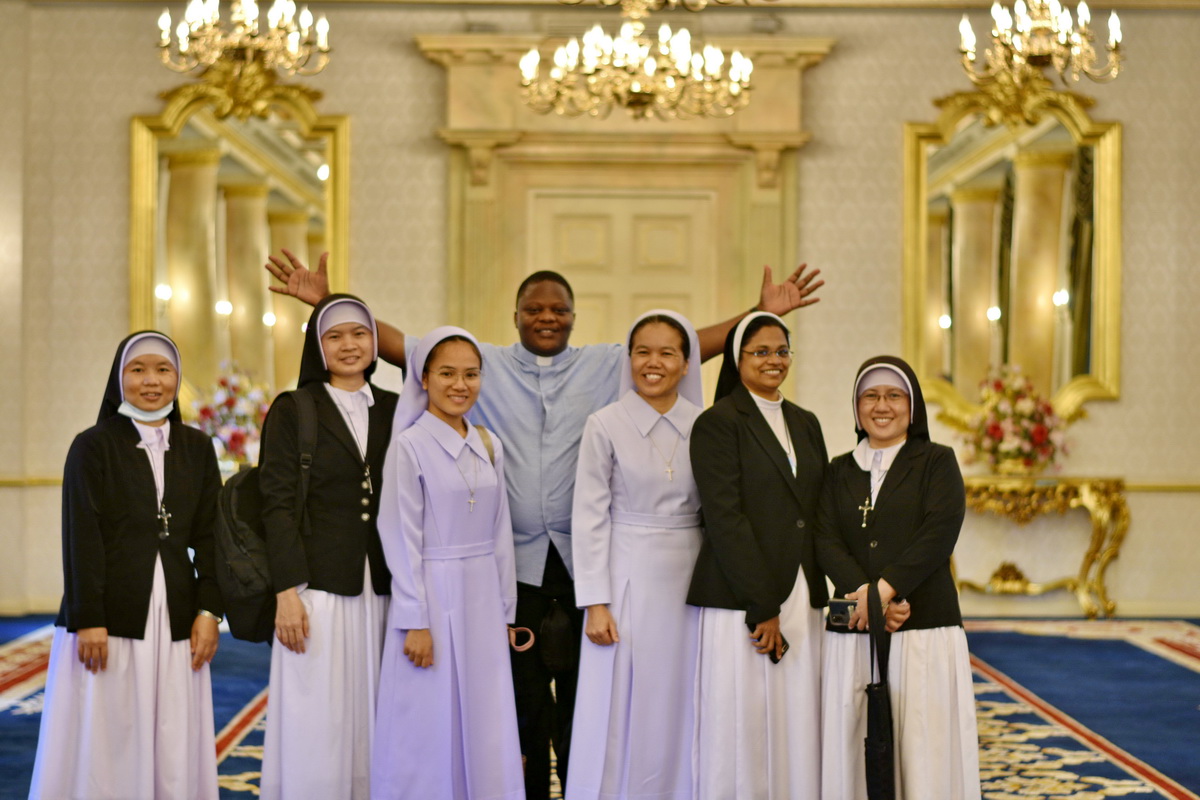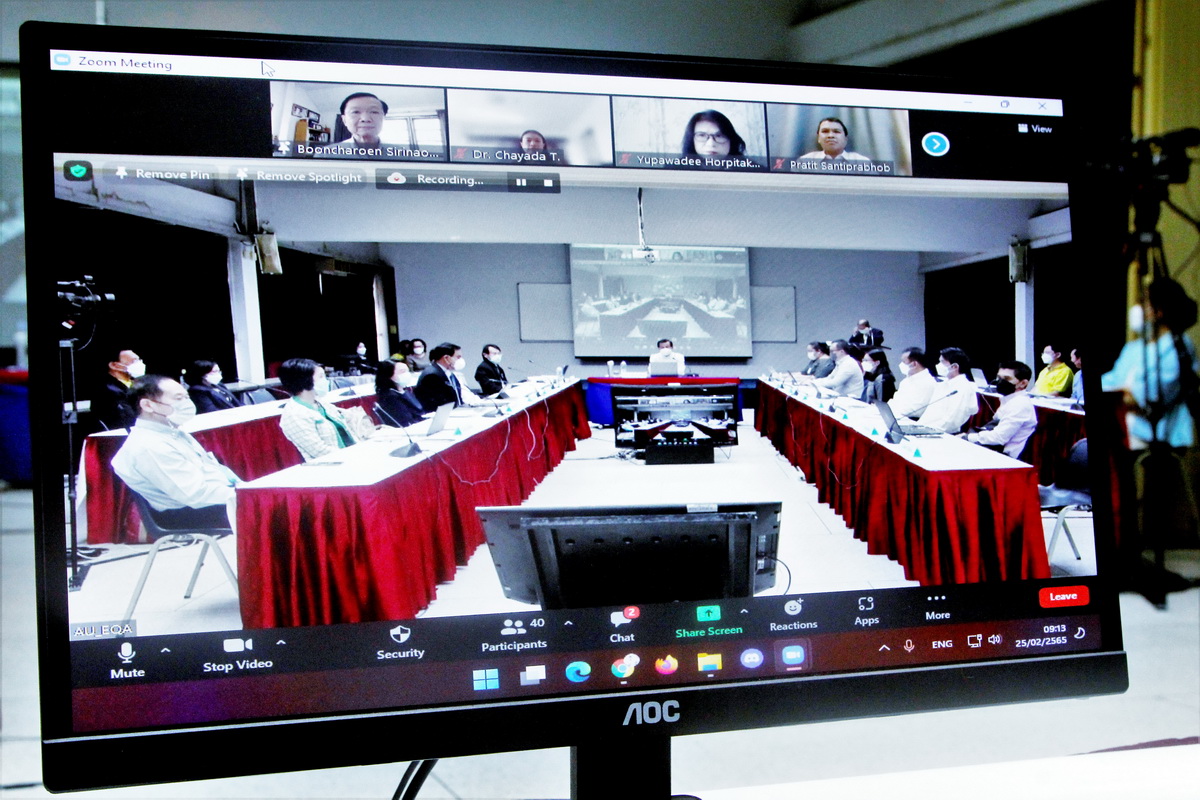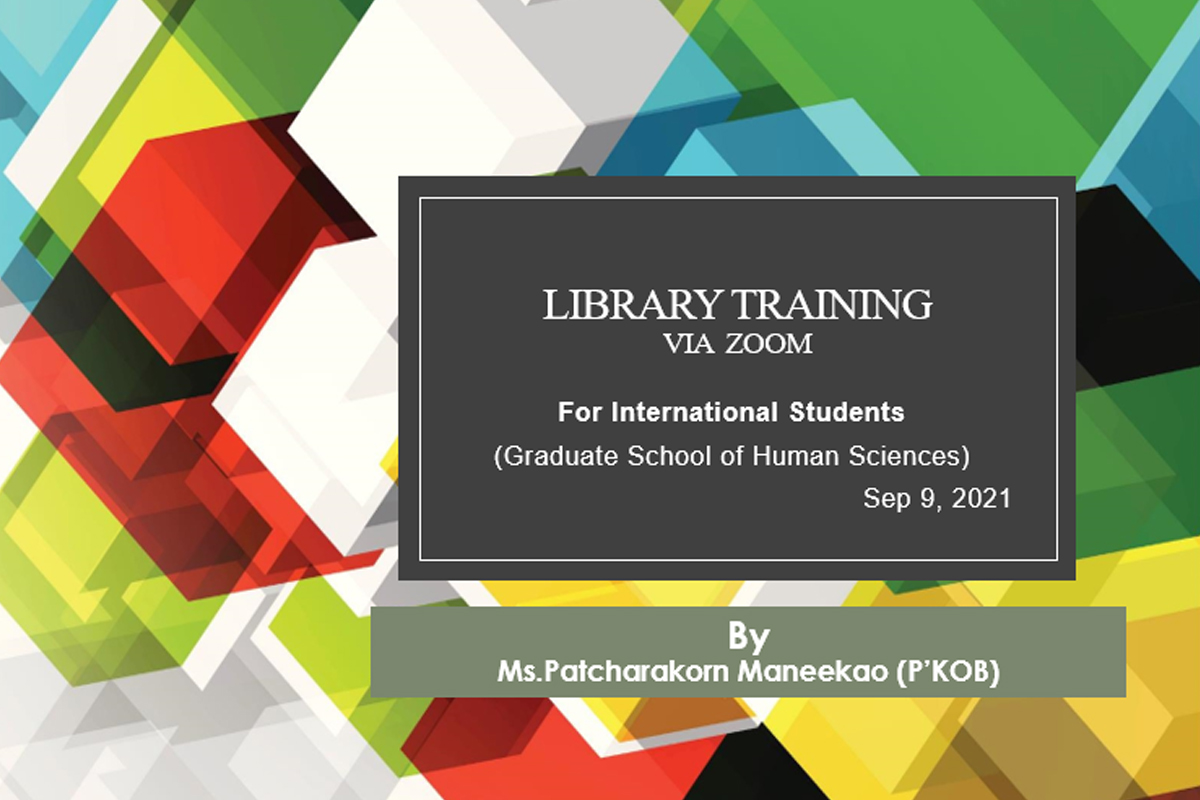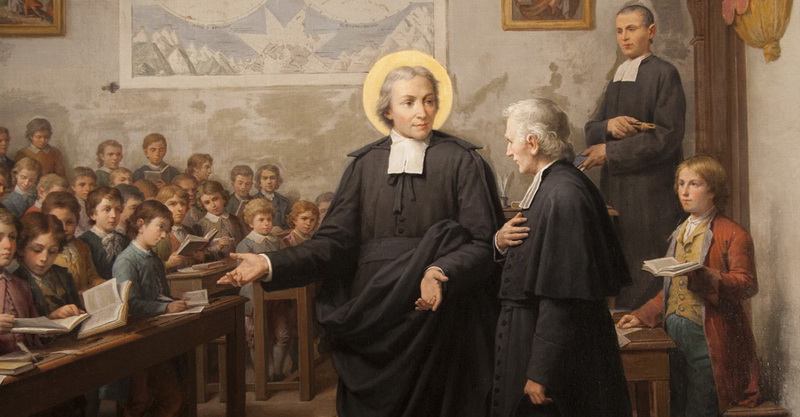
John Baptist's early life gave little indication that he was to become a great educator of poor children. Wealthy and aristocratic, he became a canon of Reims Cathedral and seemed destined for a career of comfortable advancement in the Church.
Then in 1679 he was asked to help open a free school for poor children. This request was put to him by a layman named Adrian Nyel, who had opened such schools in Rouen. John Baptist soon found himself engrossed in what he had supposed would be merely an administrative task.
He even took some teachers into the family home in order to train them better, whereupon most of the family decamped in horror at this intrusion of the unwashed. He took the teachers away, found them a rented house, gave all his money to charity and resigned from being a cathedral canon.
He planned an organization, of religious but not priests, dedicated to providing free Christian education. He and twelve teachers formed themselves into the ‘Brothers of the Christian Schools' (not to be confused with the later, Irish, Christian Brothers) and were soon opening new schools, despite opposition from those running fee-paying Catholic schools.
They needed a Rule to be recognized as a religious Congregation, and John Baptist composed one, setting the aim as achieving holiness through total dedication to teaching. He followed this with a series of books on what he saw as the principles of Catholic education.
All that he wrote about education was based on the practice of his Brothers. He encouraged 'whole-class' teaching, careful planning of the curriculum and frequent testing – all modern concepts well ahead of his time.
His more general observations on the Christian life stemmed from his own aristocratic background and would not have seemed appropriate to the poor to whom his teaching methods were directed, though he was equally in advance of his time in encouraging frequent Communion.
James II of England was exiled to France in 1688, and his Catholic Irish followers asked the Brothers to educate their children. Some of these were older than those they had previously taught, so they moved into secondary education. Opposition continued from clerics and lay schoolmasters in Paris, so John Baptist moved the congregation's headquarters to Rouen, where they opened a boarding school and later a reform tory, which went on to become their speciality.
In 1714 John Baptist was forcibly elected superior-general, but three years later he was allowed to move into semi-retirement, spending the next five years writing, meditating and living, very humbly according to what he saw as God's direct will. He died on Good Friday of 1719. His Brothers were suppressed by the French Revolution, but enjoyed a massive revival in the nineteenth century and still work worldwide.
John Baptist, finally canonized in 1900, was declared principal patron of all who teach young people by Pope Pius XII in 950, an obvious choice based on his life and work.
Source
Burns, P. (2004). Favorite’ patron saints. Burns & Oates.
St. Joseph de La Salle. (n.d.). https://www.catholic.org/saints/saint.php?saint_id=153
St. Joseph de La Salle. (n.d.). https://www.lasalle.org/en/lasallian-holiness/st-john-baptist-de-la-salle/
At Assumption University of Thailand
April 7, 2021 marks the Auspicious Saint de la Salle 's Day also referred to as the Feast of de la Salle or the Solemnity of Saint de la Salle which is highly recognized or remembered by Assumption University of Thailand (AU) as a Catholic University.
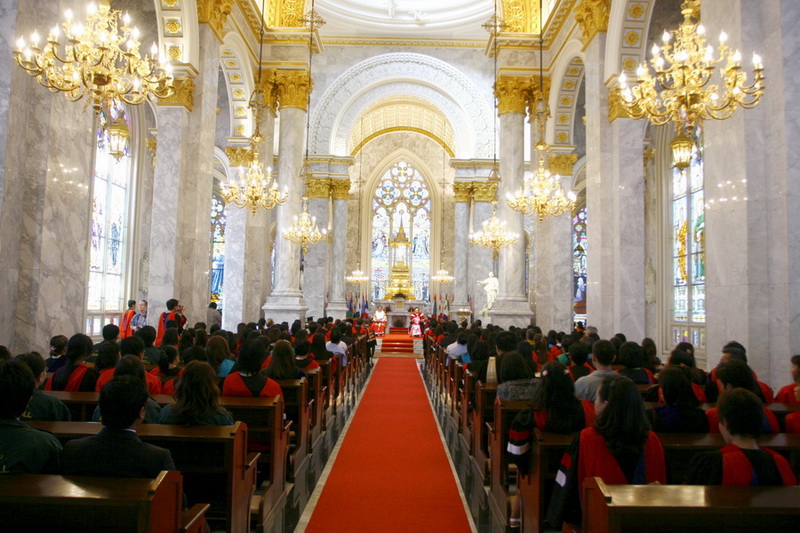
The significance of such Feast Day of St. de la Salle was evidently & respectfully displayed when Rev. Bro. Dr. Prathip Martin Komolmas, President Emeritus, named the 25 Years of Dedicated Service Awards: i.e. the awards presented to faculty members who have served AU as lecturers for more than twenty-five years.
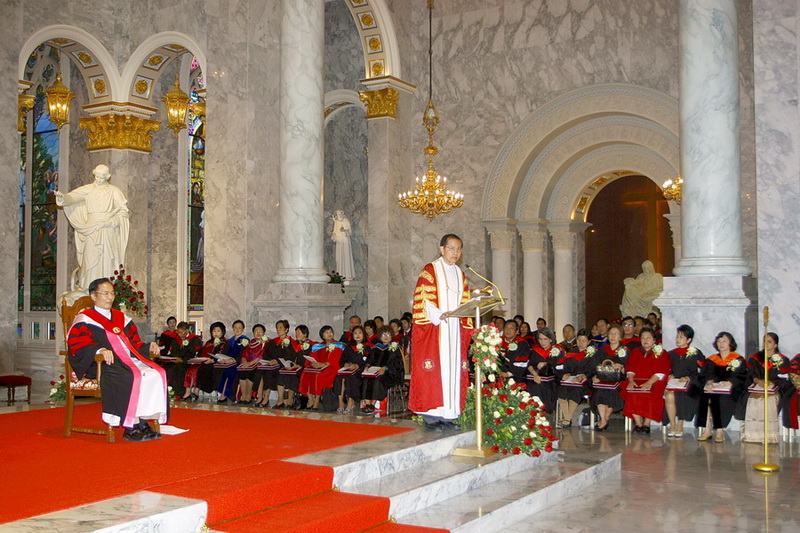
Faculty members who are given this award have made invaluable contributions to the teaching profession and have maintained high standards of excellence in their profession. Such honorable St. de la Salle awards were firstly presented on December 24, 2009.
St. de la Salle Award
Commendable Service Award
The St. de la Salle Award is named in honor of St. de la Salle, a learned man and Patron Saint of all teachers, who is credited with writing the pedagogy of the teaching profession and the twelve virtues of teachers.
The St. de la Salle Award is given to faculty members who have served AU as lecturers for more than twenty-five years. Faculty members who are given this award have made invaluable contributions to the teaching profession and have maintained high standards of excellence in their profession.
They have displayed exemplary attitude and professionalism for younger members of the University to emulate. They have been committed to the development of the total being of students academically, emotionally and morally.
The following was the first group of 19 faculty members who were granted with “The de la Salle Award” on December 24, 2009 at the Chapel of St. Louis Marie de Montfort, Suvarnabhumi Campus (honoring them for their 25 long years of faithful service)
- Dr. Patricia Arttachariya
- Mrs. Radha Sirianukul
- Asst. Prof. Amornlugsana Thanasinsupaya
- Mrs. Naiyana Kitsawad
- Dr. Pimporn Chandee
- Mrs. Pongpan Phadungsoondararak
- Ms. Boonbunjong Uratanamanee
- Mrs. Prapasiri Kullarmard
- Dr. Surasakdi Prugsamatz
- Dr. Samusa Nakasingh
- Mrs. Suwanna Benjadol
- Dr. Laura M. Brahmakasikara
- Mrs. Enriqueta Bovornpanomsak
- Mrs. Sriraporn Chantanotoke
- Dr. Suchada Chunsanit
- Dr. Supatra Sinchaisuk
- Mr. Ying Saisuwan
- Dr. Sakuna Anuvareepong
Read more: Conferral Ceremony of AU Awards for Excellence December 24, 2009 (Full-Text of document) https://repository.au.edu/bitstream/handle/6623004553/21628/AU-Awards-2009.PDF?sequence=2&isAllowed=y
The St. de la Salle Award are arranged by Year
AU Awards for Excellence
Each award was named after an illustrious person found in Catholic Church history and also in memory of our predecessors who had worked long and hard to carry out their teaching mission. The general policies governing each award were laid down by the AU Academic Awards Committee in 1997.
These policies are subject to review, re-interpretation and modification as may be called for. Except for the St. Montfort Award, St. de la Salle Award and St. Joseph Award, the awards are given in three classes.
The second and third class awards are meant to recognize mid-level and junior AU faculty members and staff who have performed well above the norm as compared to their peer group. The awards are as follows:
- St. Montfort Award for Illustrious Service
- St. Michael Award for Public Service
- St. Hilaire Award for Distinction in Writing
- St. Martin de Tours Award for Excellence in Performance
- St. Bernard Award for Special Merit
- St. Thomas Aquinas Award for Research
- St. De La Salle Award for Commendable Service
- St. Joseph Award for Dedicated Service
